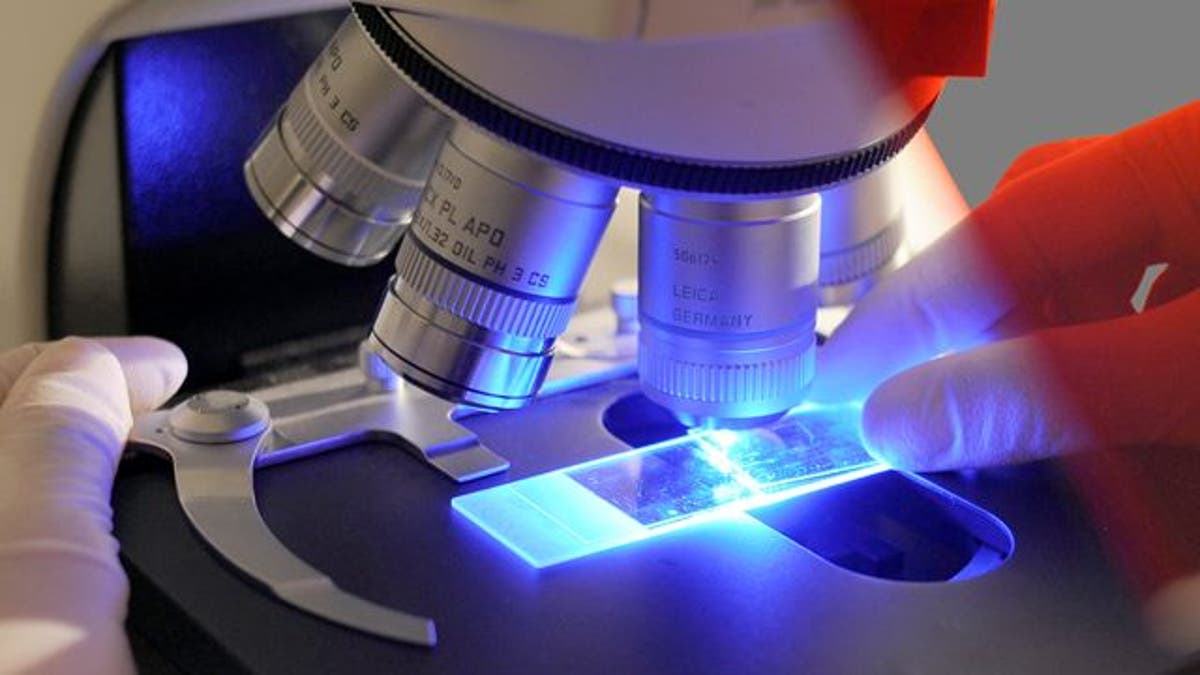
A ‘sweeping’ effort by more than 200 researchers investigating colon cancer tumors has revealed genetic vulnerabilities that could lead to new treatments, the New York Times reported. The researchers hope drugs designed to target these vulnerabilities may be able to stop the progression of the deadly cancer.
According to the New York Times, scientists are increasingly defining cancer not by the location in which it originates, such as the breast, liver or brain, but rather by the genetic mutations that weaken it. Most of the drugs that would target these mutations still need to be developed, but some may already be on the market.
For example, about 5 percent of the tumors studied had extra copies of the gene ERBB2, like many breast cancer tumors. A drug called Herceptin, which has been shown to help breast cancer patients with too many ERBB2 genes, may also work for colon cancer patients with the same problem. The scientists said they hope to move toward a clinical trial testing the effects of Herceptin on patients who have the mutation.
The colon cancer study is part of the $100-million-a-year Cancer Genome Atlas project, a massive undertaking funded by the National Cancer Institute and National Human Genome Research Institute intended to produce critical discoveries for a range of different cancers. Scientists will also soon publish similar studies on lung and breast cancers – and later this year, acute myeloid leukemia.
